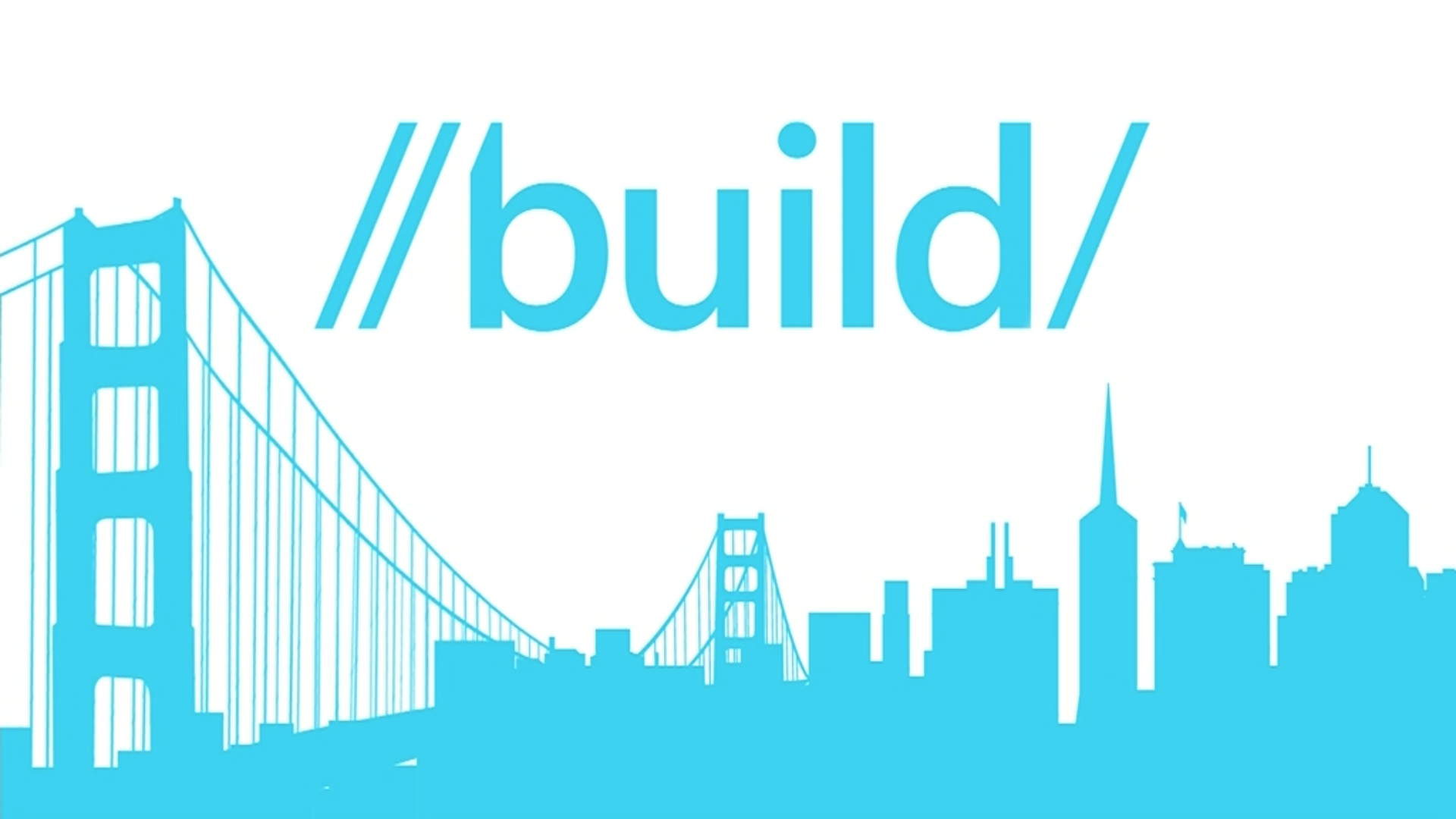Aug 15 - 3min readMindfulness In The WorkplaceBy Launchbase
The working day used to be very different. Heaving ourselves out of bed after pressing snooze for the fifteenth time, eyes swollen shut with exhaustion before rushing to Starbucks to grab a coffee and chocolate pastry, reaching the office to tackle the mountain of emails which have accumulated between midnight (when we finally put our phones down) and 8am. And this was the least stressful part of our day. Scoffing lunch at our desks, or worse, forgetting to have lunch, juggling 3 different meetings with phone calls, emails and general everyday tasks, all the while inhaling enough coffee to bring a small animal back from the dead.
Being permanently high on caffeine and frantically replying to all your emails over the course of a 24-hour working day used to be the road to productivity and career success. Raised eyebrows were directed at anyone who actually left work on time and even our commute was an opportunity to dive head-first into our ever growing to do lists.
Yet now large tech companies are beginning to see the unpleasant effects of the ‘work-hard-do-nothing-else’ company culture that was so prevalent. They’ve realised that yes, we may get a lot done, but the high-stress environment effects employees both physically and mentally. More sick days, less employment satisfaction and strained relationships with colleagues were just a few of the side effects that coincide with such a high-pressure atmosphere.
Now, a new method of increasing productivity is emerging, office meditations. It’s based on the notion that a happy employee is a productive employee and, I speak from experience when I say that surviving on caffeine and 4pm Snickers bars is no road to happiness.
Tech giant Google began recognizing the benefits of meditation for employees back in 2011 after a Zen monk visited their Silicon Valley headquarters. The internal course, named Search Inside Yourself, was designed to help employees manage stress and emotions. Greater happiness equals greater productivity which leads to company growth and yes, increased profit. Google also introduced ‘mindful lunches’ where the only noise during the meal is that of prayer bell, a far cry from swallowing our Pret chicken wrap whole whilst frantically stabbing at our keyboards with one hand.
As usual, Google are onto it. More than 1000 employees have completed their Search Inside Yourself training, Meditation and mindfulness have officially replaced caffeine. They have become the new fuel, with quiet contemplation the key to a successful day, and other tech giants have got in on the action. Steve Jobs reportedly allowed employees 30 minutes breaks in the official meditation room and he also provided on-site yoga. Many believe Jobs’ love for meditation actually helped him become so successful. HBO has also implemented free yoga classes and meditation sessions into their working days. Device free rooms are opening in offices, and in France, some companies are banning employees from checking or sending emails ‘out of hours’, normally weekends or evenings.
But not everyone has jumped on the meditation bandwagon and, as with any new ‘trend’, there are sceptics. Some believe integrating Buddhist values into our high-pressure, high-speed lifestyles is counterproductive. As Buddhism is traditionally about renouncing material possessions and feeling content with what you have, it seems backward to use it’s techniques in a workplace where employees have targets to meet and must constantly strive to achieve more.
Dan Nixon of the Bank of England recently argued that widespread mindfulness meditations could actually effect a growing economy thanks to the ‘less is more’ values that it promotes. It teaches contentment, the opposite to the common view that ‘economics is all about consumption’. Perhaps if everyone becomes content with what they have, businesses will cease to grow at the rate they have been.
Yet taking time to focus on the present or setting aside a moment to relax during our working day doesn’t equate to Buddhism. Whilst the effect employee meditation may have on company growth counters the anti-material Buddhist teachings, the effects of mindfulness meditations on general well-being cannot be denied. Besides, anything is better than that 3pm coffee crash.



